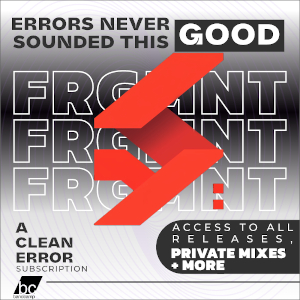What should we expect from this stylistic chameleon? Heavy bass, for starters. More of those delicious dub/dub-techno chord changes and beats. Six original tacks, then four more which receive loving treatment from a cast of remixers including Proem and the inimitable Baseck.
Chris Randall, according to his twitter bio, is a “Musician, Writer, User Interface Designer, Inventor, Photographer, Complainer. Not necessarily in that order.” Depending on the circles in which you run, you may know him as the driving force behind Audio Damage‘ VST effects and instruments, Eurorack-format modular synthesizer components, or the voice behind the classic 90’s Wax Trax act Sister Machine Gun. He’s a busy guy, but between the entrepreneurship and raking what is undoubtedly Scrooge-McDuck-level coin from the industrial back-catalog, he’s put together this release, Oscillator Breach for Detroit Underground, comprising six tracks and four remixes from like-minded polymaths.
Although I was a sometime SMG fan back in their 90s heyday, I’d lost track of Chris until a few years ago, when I discovered that his prolific postings to his youtube channel included tracks featuring a homebuilt Meeblip synth, one of which I’d also just soldered together and was wondering what the hell I should do with. Those works, some of which made it on to releases under his Micronaut alias convinced me that Chris not only had mastered his equipment (including an apple ][e driving a pre-MIDI Roland CMU-800R), but also that the aesthetic driving the music he made was something greatly to be admired. It was rooted in techno and early electro sounds, expanded with dubbed-out stabs and echoes, but was informed by a progressive sensibility and leftfield sound palette that appealed to my chin-stroking IDM sensibilities.
A few years on, having shifted Audio Damage from software plugins to manufacturing physical Eurorack modules and his online presence to incorporate both weekly music-tech video blogs and deeply disturbing tweets, and Chris drops the release under consideration on Detroit Underground, a label we’ve covered extensively here at Igloo. What should we expect from this stylistic chameleon?
Heavy bass, for starters. More of those delicious dub/dub-techno chord changes and beats. Six original tacks, then four more which receive loving treatment from a cast of remixers including Proem and the inimitable Baseck. Opener “drt_895r” begins the proceedings with a vinyl crackle, rapid-fire electrofunk percussion and synth leads that alternate between staccato bleeps and gentle dub chords. “mitte” softens the vibe into the dub-techno realm and introduces an acoustic guitar line layered amid pulsing chords and a pitched-up vocal snippet; “seven” takes us even farther into Deepchord / Chain Reaction terrain with a six minute four-on-the-floor dub workout, which is the high point of the album for me.
“oblique” emphasises mangled vocal samples, which sound like they’re maybe reciting numbers and the name of the track itself, atop a gentle trip-hop beat. “concentr8” jacks up the tempo with a muscular, fuzzed-out take on (forgive me) EBM; the drum parts on this track are particularly intricate, throwing flourishes and fillips just when you think you’ve got it figured out. The final non-remix track, “stylus”, extends the sonic palette of “mitte”, with a wordless, breathy vocalization at its core and a slow build over a jagged dubstep wobble on its back half.
On the remix tip, Qebo absorbed “mitte”‘s gentle dub techno, dissected it into microscopically short slices, and reassembled the bits into a nearly unrecognizable glitchy, skittering edifice. By contrast, Proem’s rework of “dtr_895” maintains more of the original’s character, adding a wicked bassy throb and stutter-step percussive effects. Baseck also takes on “mitte,” giving it a snappy snare crack and a funky bassline but retaining the chord progression at its heart. Finally, Corbin Davis takes us full cycle by remixing the album’s first track, turning “drt_895r” into nine minutes of dancefloor-friendly dub.
Overall, it’s a great cast of remixers. But Oscillator Breach would be a fine release solely on the strength of the original works. Taken as a whole, they display Randall’s stylistic range while maintaining a consistent aesthetic: intricate, well-crafted electronics that display mastery not only of equipment, but songwriting.
Oscillator Breach is available on Detroit Underground.






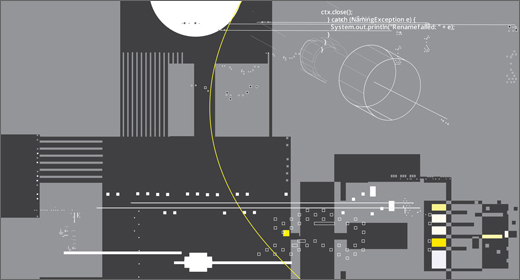



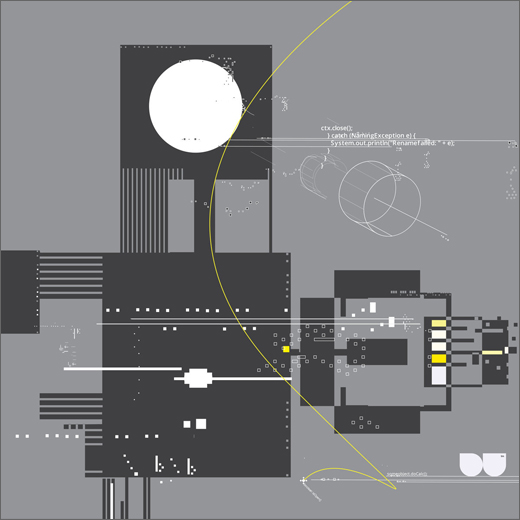

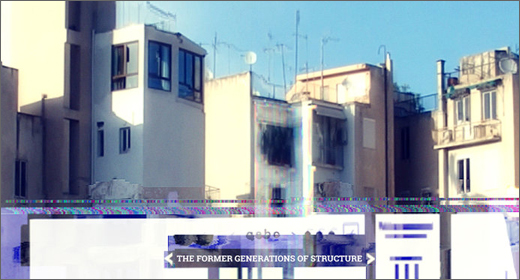
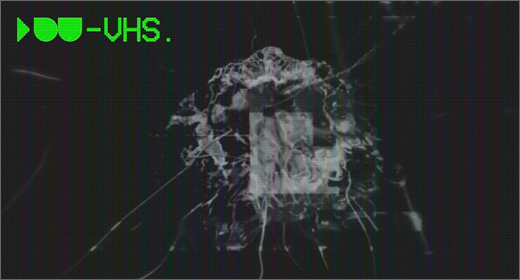


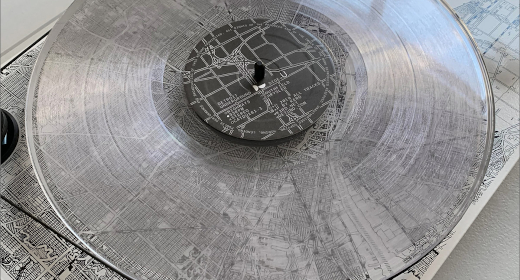
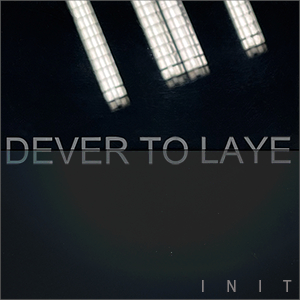


![Squaric :: 808 [Remixes] (Diffuse Reality) — [concise]](https://igloomag.com/wp/wp-content/uploads/2025/04/squaric-808-remixes_feat-75x75.jpg)






